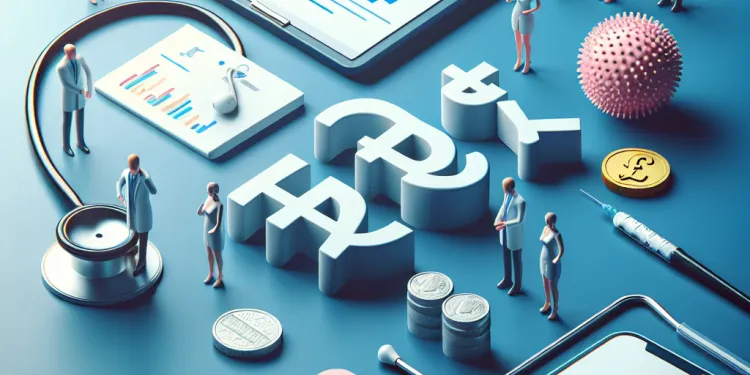
Find Help
More Items From Ergsy search
-
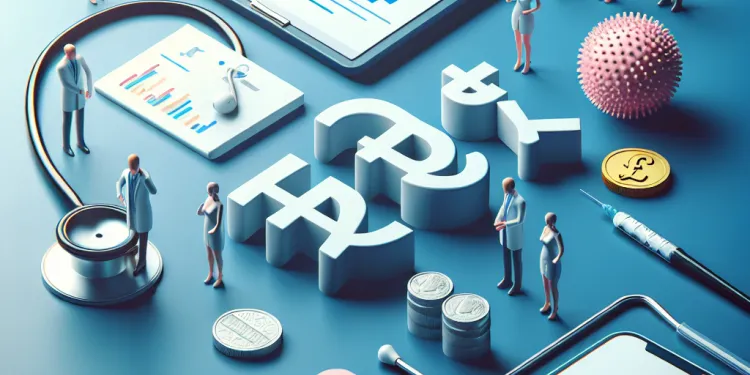
What health problems can HPV cause?
Relevance: 100%
-

How common is HPV?
Relevance: 68%
-
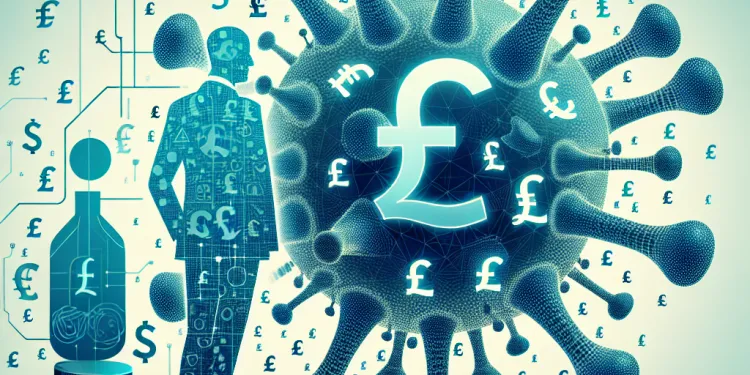
What is the HPV Virus?
Relevance: 67%
-
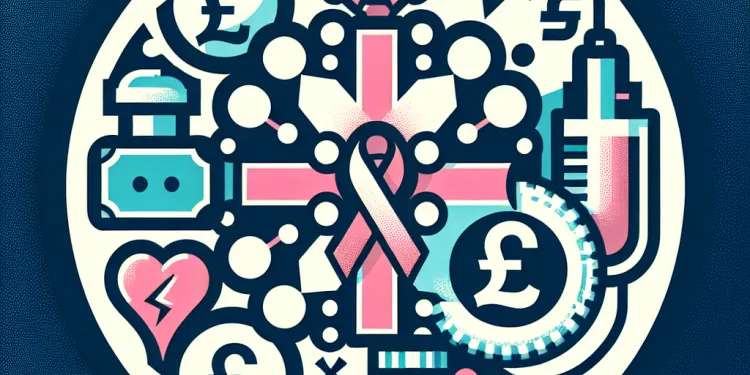
Are there symptoms of an HPV infection?
Relevance: 63%
-
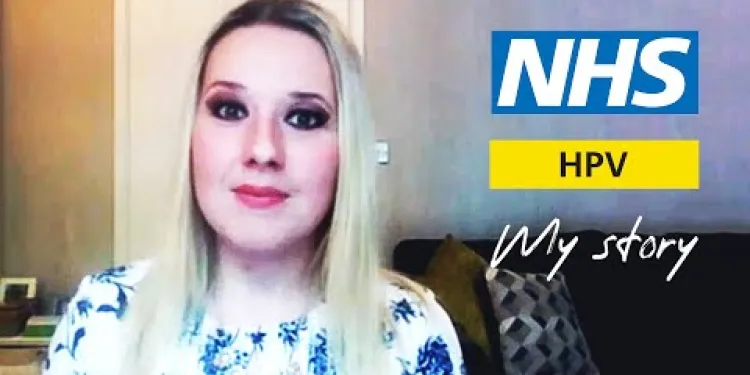
HPV - My Story | NHS
Relevance: 63%
-

Can HPV be treated?
Relevance: 63%
-
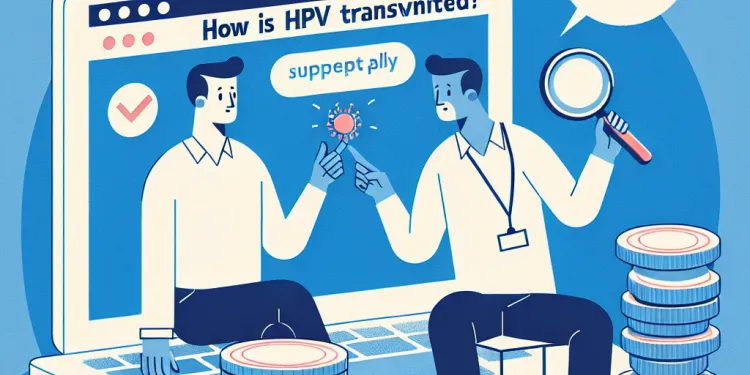
How is HPV transmitted?
Relevance: 61%
-
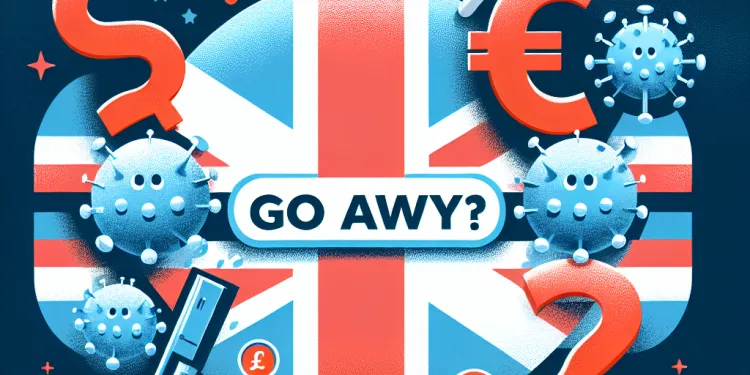
Can HPV go away on its own?
Relevance: 60%
-

Is HPV testing available?
Relevance: 57%
-
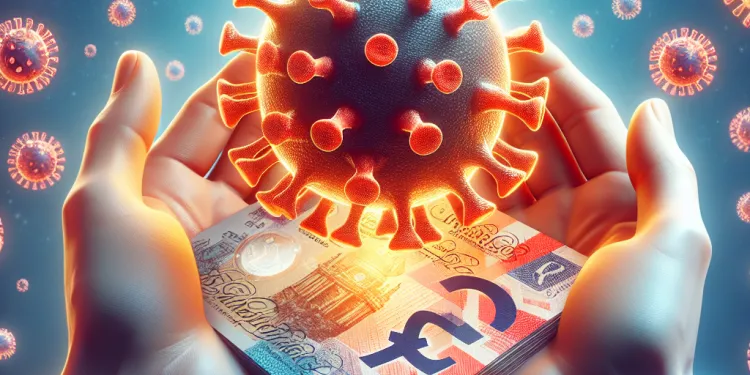
Can HPV lead to cancer?
Relevance: 57%
-
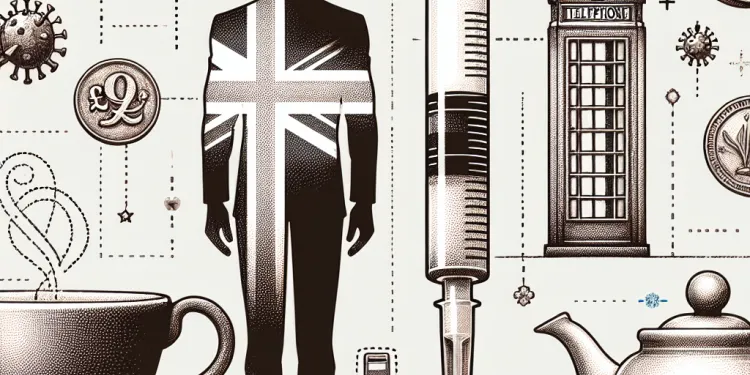
Do men need the HPV vaccine?
Relevance: 56%
-
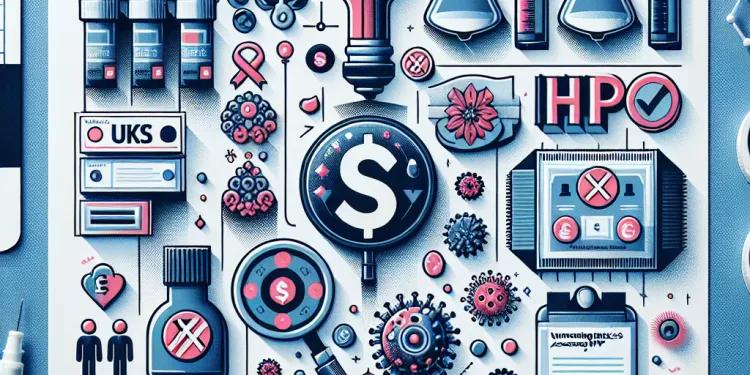
What age group is most at risk for HPV?
Relevance: 56%
-
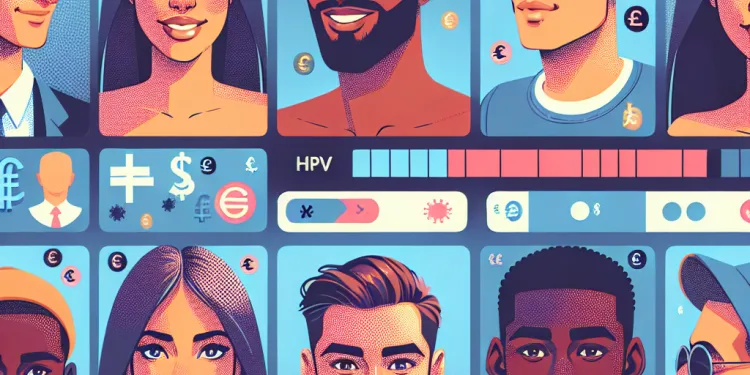
Can HPV affect both men and women?
Relevance: 54%
-
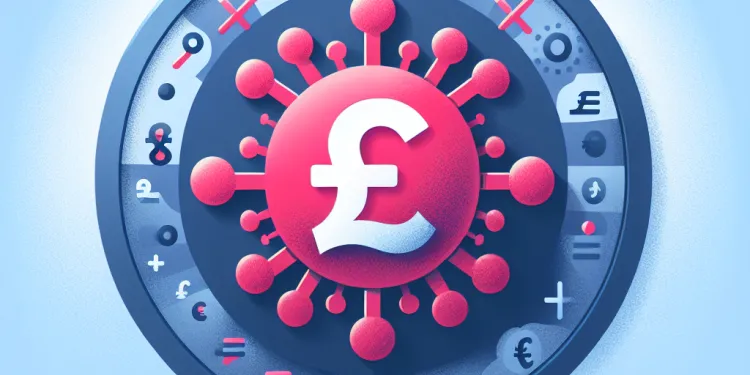
How can HPV be prevented?
Relevance: 54%
-
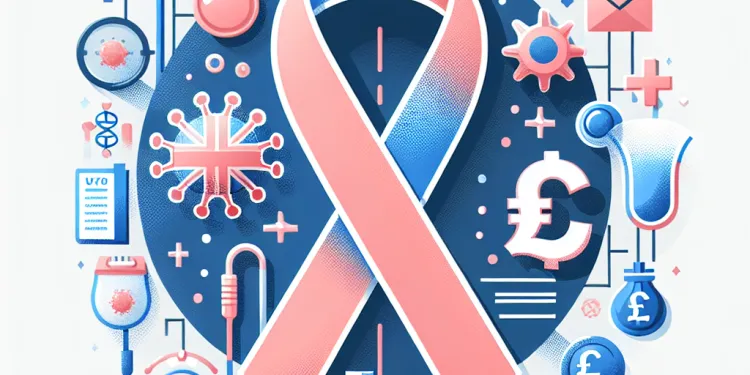
What is the link between HPV and cervical cancer?
Relevance: 52%
-
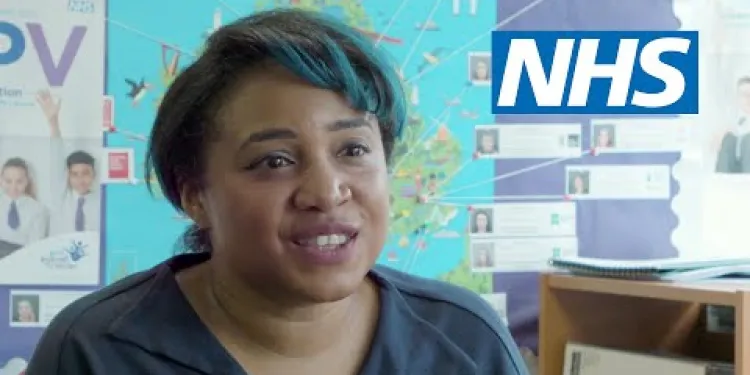
What is the year 8 HPV vaccine? | NHS
Relevance: 52%
-
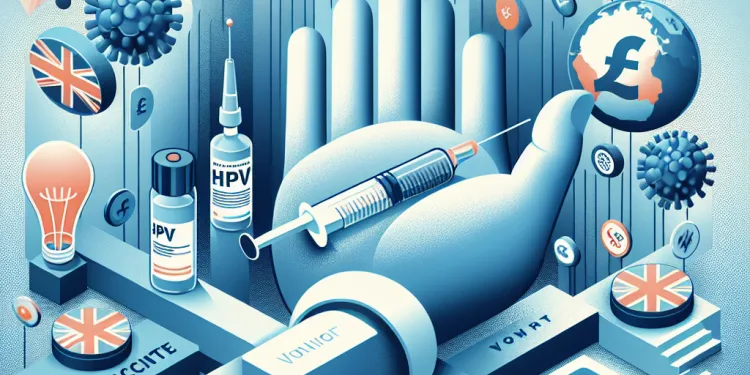
Who should get the HPV vaccine?
Relevance: 52%
-
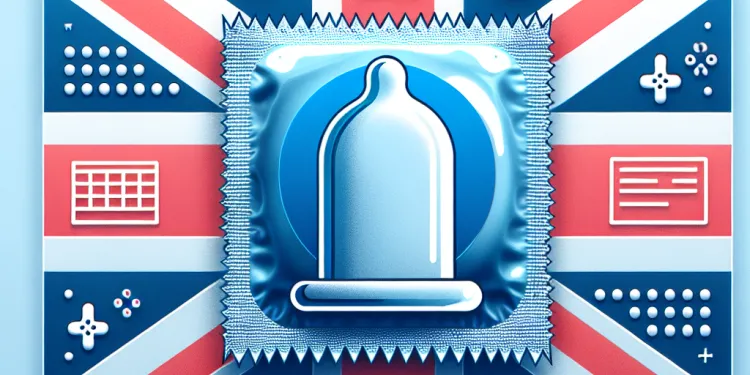
Can using condoms fully protect against HPV?
Relevance: 52%
-

Can relationship problems be resolved to improve mental health?
Relevance: 51%
-

Surge in HPV Vaccination Rates Among Young Women in the UK
Relevance: 49%
-

Can health-related anxiety lead to actual health problems?
Relevance: 48%
-
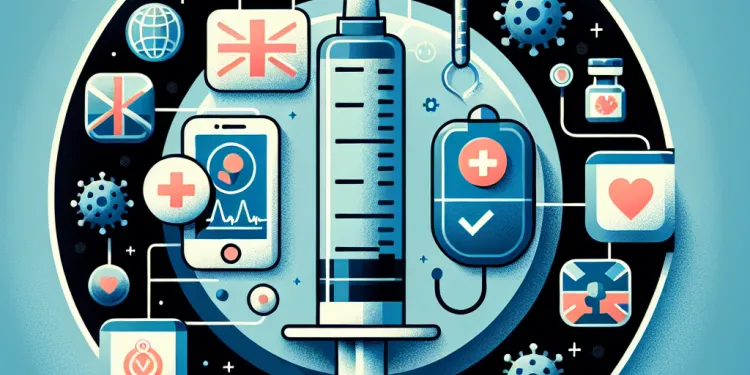
Is there a vaccine for HPV?
Relevance: 44%
-
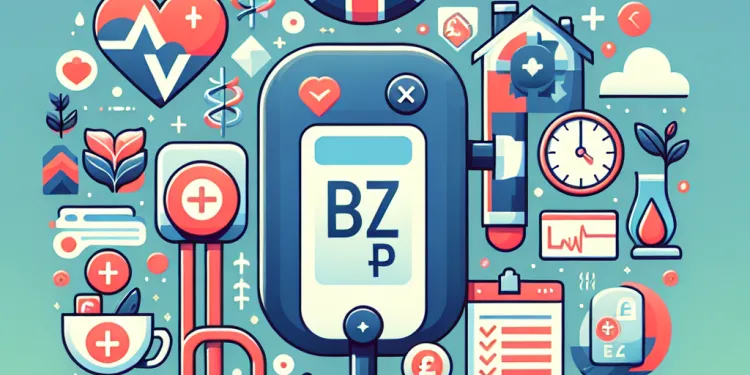
Can high blood pressure lead to other health problems?
Relevance: 42%
-
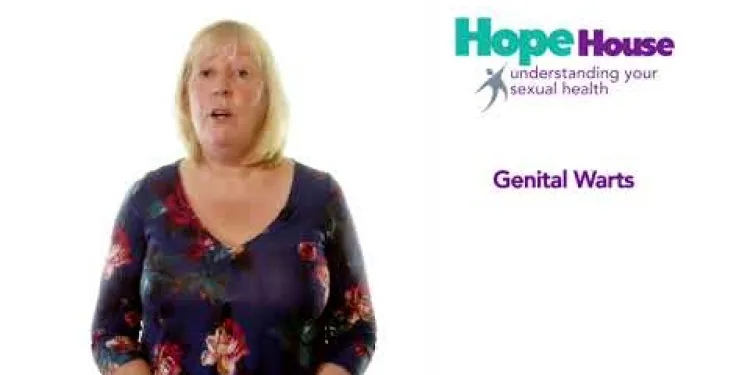
Understanding Your Sexual Health - Genital Warts
Relevance: 41%
-
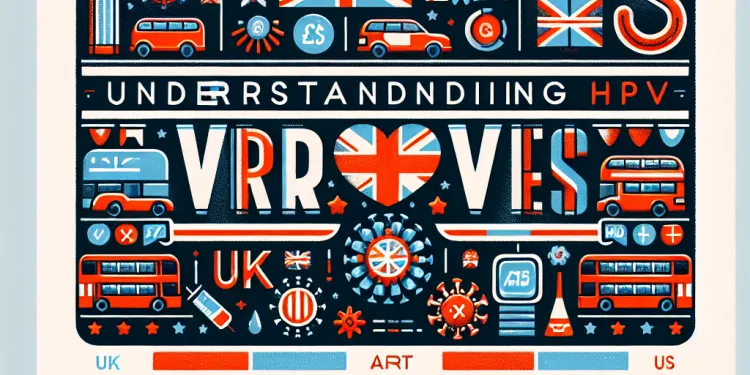
How many types of HPV are there?
Relevance: 40%
-
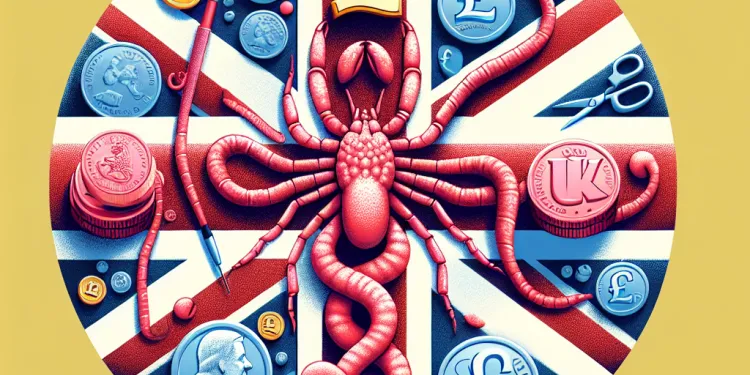
Can Lyme disease cause long-term health problems?
Relevance: 39%
-

Is sewage a problem on UK beaches?
Relevance: 38%
-
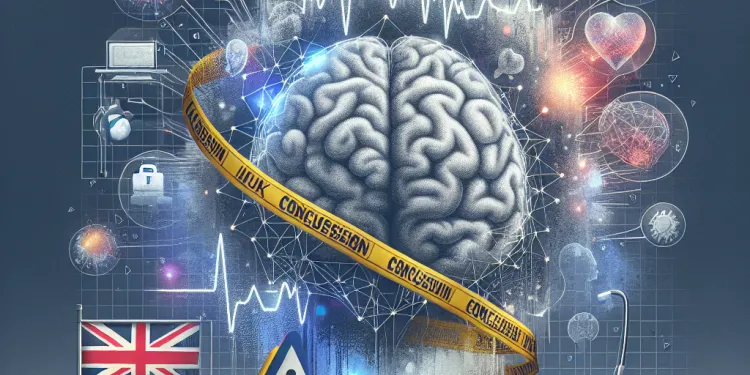
Can a concussion cause memory problems?
Relevance: 38%
-

Why is antibiotic resistance a problem?
Relevance: 36%
-

Can Ozempic cause gallbladder problems?
Relevance: 35%
-

What should I do if I experience problems with my Turkey Teeth?
Relevance: 32%
-

What problems is Ozempic known to cause?
Relevance: 31%
-

How significant is the water loss problem in the UK?
Relevance: 30%
-

Giving Voice - Stammer and Fluency Problems
Relevance: 28%
-
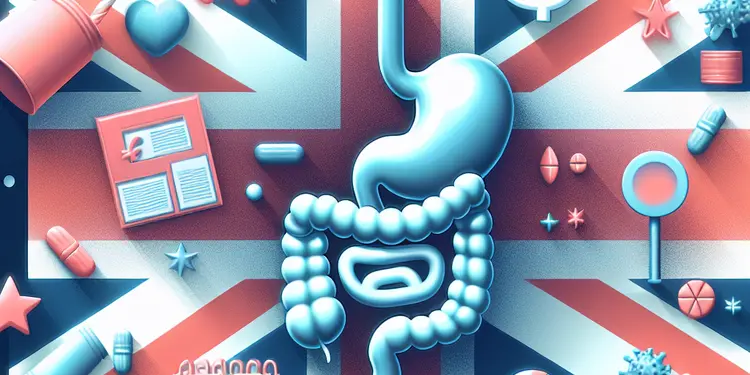
What are some signs of poor gut health?
Relevance: 28%
-
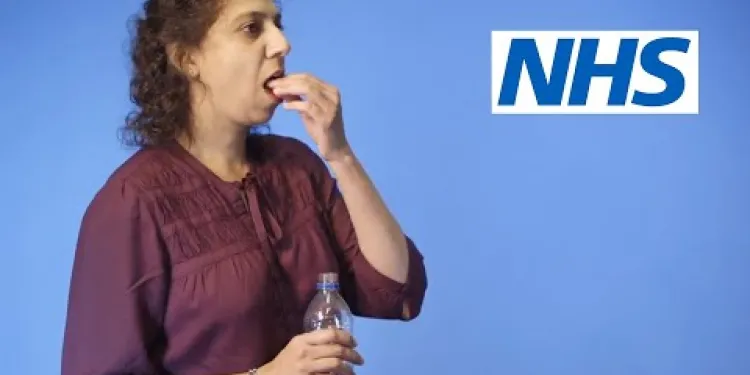
Problems swallowing pills: Lean forward technique | NHS
Relevance: 26%
-
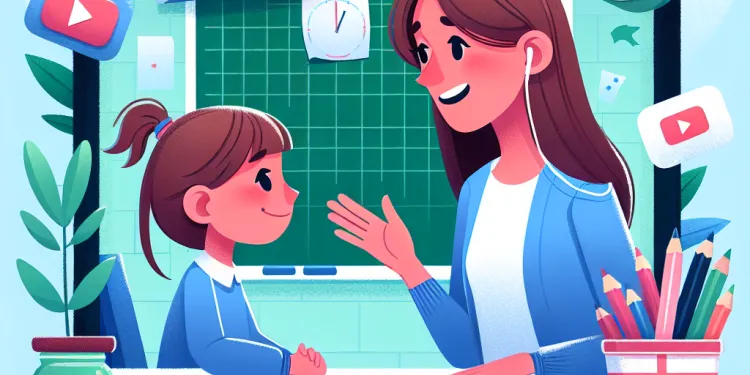
Understanding Mental Health in Children
Relevance: 26%
-
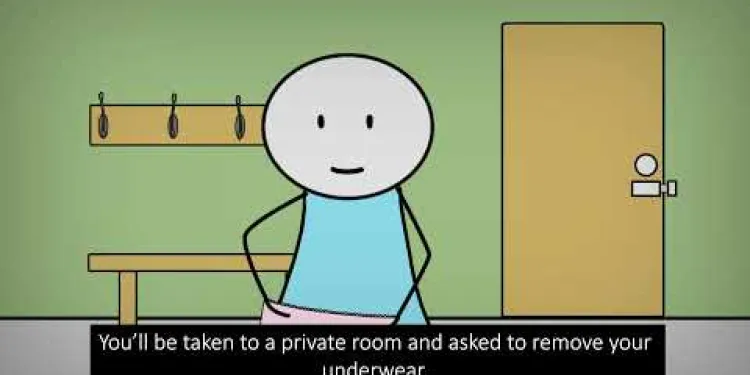
NHSGGC - Cervical Cancer Screening - English
Relevance: 26%
-
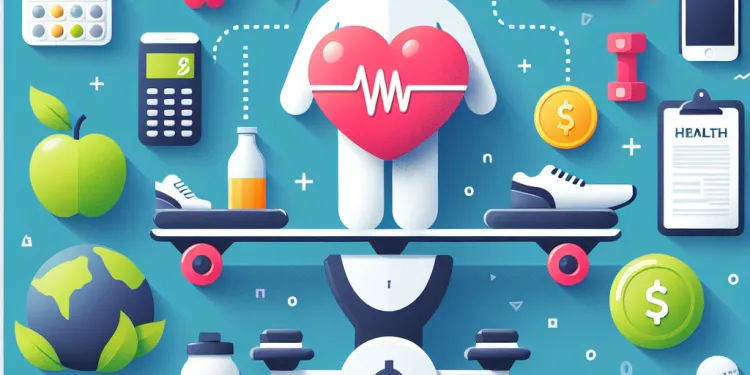
What health risks are associated with obesity?
Relevance: 26%
-
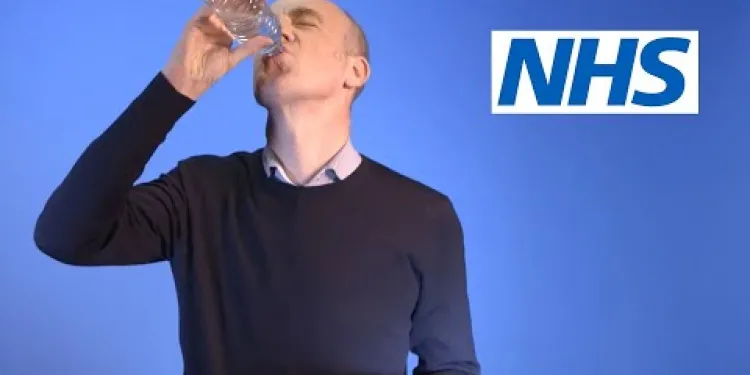
Problems swallowing pills: Pop bottle technique | NHS
Relevance: 26%
What Health Problems Can HPV Cause?
Human Papillomavirus (HPV) is a common viral infection that affects a significant portion of the population. While many HPV infections may not cause noticeable symptoms and can resolve on their own, certain types of HPV can lead to a range of health problems, some of which can be severe. Understanding these potential health issues is crucial for early detection and prevention.
Cervical Cancer
One of the most serious health problems caused by HPV is cervical cancer. High-risk HPV types, particularly HPV-16 and HPV-18, are known to be the primary cause of cervical cancer. In the UK, cervical screening programs are in place to detect and treat precancerous changes in cervical cells, which can prevent the development of cervical cancer. Regular screening and vaccination against HPV can significantly reduce the risk of this cancer.
Genital Warts
HPV is also responsible for causing genital warts, which are benign but can be distressing for those affected. These warts are caused by low-risk types of HPV, such as HPV-6 and HPV-11. While not dangerous in terms of cancer risk, genital warts can cause discomfort and may require treatment to remove. Vaccination can help prevent infection by the strains that cause these warts.
Other Cancers
Aside from cervical cancer, HPV is also linked to other types of cancers. These include cancers of the anus, vulva, vagina, penis, and oropharyngeal (throat, base of the tongue, and tonsils). While less common than cervical cancer, these cancers are still significant, and HPV is a known risk factor. Vaccination against HPV can reduce the risk of developing these cancers.
Respiratory Papillomatosis
HPV can also cause a condition known as recurrent respiratory papillomatosis (RRP), which involves the growth of benign tumors in the airways. These growths can cause breathing difficulties and require regular medical intervention. RRP is more common in children who were exposed to HPV during childbirth, highlighting the importance of preventing HPV transmission.
Prevention and Vaccination
The most effective way to prevent HPV-related health issues is through vaccination. The HPV vaccine is offered to boys and girls aged 12 to 13 in the UK as part of the national immunization program. It protects against the most common cancer-causing types of HPV as well as those that cause genital warts. Alongside vaccination, practicing safe sex and attending regular cervical screening appointments are crucial for protection against HPV-related health problems.
What Health Problems Can HPV Cause?
HPV is a virus. It is common and many people can get it. Some types of HPV can cause health problems. It is important to know about these problems. This helps us find and stop them early.
Cervical Cancer
HPV can cause cervical cancer. This is a serious illness. The main HPV types that cause it are HPV-16 and HPV-18. In the UK, women get checked for cervical cancer. These checks find changes in cells before they become cancer. Getting checked and getting the HPV vaccine can help stop cervical cancer.
Genital Warts
HPV can cause genital warts. These are not cancer, but they can be upsetting. HPV types like HPV-6 and HPV-11 cause warts. They might need treatment to go away. Getting the vaccine can help you not get genital warts.
Other Cancers
HPV can also cause other cancers. These can be in places like the anus, vulva, vagina, penis, throat, and tonsils. These are less common than cervical cancer but still serious. The HPV vaccine can help stop these cancers too.
Respiratory Papillomatosis
HPV can cause bumps in the airways called RRP. This can make it hard to breathe. RRP is more common in kids who got HPV at birth. Stopping the spread of HPV is important to prevent this.
Prevention and Vaccination
The best way to stop HPV problems is the vaccine. In the UK, kids aged 12 to 13 get the vaccine. It stops the HPV types that cause cancer and warts. Using condoms and going to health checks also helps keep you safe from HPV.
Frequently Asked Questions
What is HPV?
HPV, or human papillomavirus, is a common virus that can lead to health problems such as warts and cancers.
How does HPV cause health problems?
HPV can infect the skin and mucous membranes, leading to warts or cancers in areas like the cervix, anus, or throat.
What types of warts can HPV cause?
HPV can cause genital warts, common warts on hands, plantar warts on feet, and flat warts on any part of the body.
Can HPV cause cancer?
Yes, certain high-risk strains of HPV can lead to cancers, such as cervical, anal, oropharyngeal, vaginal, vulvar, and penile cancers.
What is the most common cancer caused by HPV?
Cervical cancer is the most common cancer caused by HPV.
How does HPV lead to cervical cancer?
HPV can cause changes in the cervical cells, which may develop into cancerous cells over time if not detected and treated.
Are all types of HPV cancer-causing?
No, only high-risk HPV types, such as HPV 16 and 18, are associated with cancer. Low-risk types usually cause warts.
Can HPV infection be asymptomatic?
Yes, many HPV infections do not cause any symptoms and go away on their own.
How is HPV-related cancer detected?
HPV-related cancers can be detected through screenings, such as Pap smears for cervical cancer and HPV tests.
Can HPV impact pregnancy?
HPV can complicate pregnancy by causing genital warts or abnormal Pap smears, but it usually does not harm the baby.
Is there a treatment for HPV?
There is no cure for HPV itself, but there are treatments for the health problems it causes, like warts and precancerous lesions.
Can HPV infections recur?
Yes, HPV infections can recur, especially if the immune system is weakened.
Does HPV cause oral health problems?
Yes, HPV can cause oropharyngeal cancers that affect the throat, base of the tongue, and tonsils.
Can immunity affect HPV infection?
Yes, a strong immune system can help clear HPV infections naturally. Persistent infections are more likely with a weakened immune system.
Can HPV cause skin warts?
Yes, HPV can cause common skin warts, especially in children and young adults.
Is there a vaccine for HPV?
Yes, vaccines like Gardasil 9 can protect against the most common cancer-causing and wart-causing HPV types.
Can men get health problems from HPV?
Yes, HPV can cause genital warts, penile cancer, anal cancer, and oropharyngeal cancer in men.
How does HPV affect the anus?
HPV can cause anal warts and increase the risk of anal cancer, especially in men who have sex with men.
Are there any psychological effects of HPV?
Yes, knowing one has HPV can cause anxiety and stress, particularly due to its association with cancer and visible warts.
Can lifestyle affect HPV infection and related health problems?
Yes, factors like smoking and poor diet can weaken the immune system and increase the risk of persistent HPV infections and related cancers.
What is HPV?
HPV is a kind of germ called a virus. It can make people sick.
Here are some tips to understand better:
- Read slowly.
- Ask someone to read with you.
- Use pictures or videos to help understand.
HPV stands for human papillomavirus. It is a common germ that can make people sick. It can cause warts and some types of cancer.
How does HPV make you sick?
HPV is a virus that can get into your skin and the wet parts inside your body. It can cause bumps called warts. It can also cause some bad cells to grow in places like the neck of the womb, the bottom, or the throat.
If you need help reading, you can ask someone to read with you or use apps that read out loud. You can also break the text into smaller parts to understand it better.
What kinds of bumps can HPV make?
HPV can cause bumps on your skin. These bumps are called warts. There are different kinds of warts:
- Warts on your hands.
- Warts on your feet, also called plantar warts.
- Warts that look flat.
- Warts around the area we use to go to the bathroom. These are called genital warts.
If you want help understanding, you can:
- Ask a parent or caregiver to explain.
- Look at pictures to see what warts look like.
- Use reading tools that read the words out loud.
HPV is a virus. It can give you lumps called warts on your body.
These warts might be on your private parts, hands, feet, or other places on your skin.
If reading is hard, you can try reading with a friend or using audiobooks.
Can HPV cause cancer?
HPV is a virus. Sometimes, it can make cells change in a bad way. This can lead to cancer.
It's important to get regular check-ups. Doctors can find problems early.
Getting the HPV vaccine can help protect you.
If reading is hard, you can ask for help. Use tools like audiobooks or apps that read out loud. They can make reading easier.
Yes, some types of HPV can cause cancer. They can lead to cancer in places like the cervix, anus, mouth and throat, vagina, vulva, and penis.
To understand better, you can:
- Use pictures or videos to learn about HPV.
- Ask someone you trust to help explain.
- Use tools that read text out loud for you.
What cancer is often caused by HPV?
Cervical cancer happens because of a tiny germ called HPV. It's the most common kind of cancer that HPV can cause.
How can HPV cause cervical cancer?
HPV is a virus. It can make changes in the cells in a woman's cervix. These changes can turn into cancer if they are not found and treated early.
If you find it hard to read, you can:
- Ask someone to read it with you.
- Use a text-to-speech tool to listen to it.
- Break down the sentences into smaller parts.
Do all types of HPV cause cancer?
No, not all types of HPV cause cancer. Only the high-risk types, like HPV 16 and 18, can lead to cancer. Low-risk types usually cause warts.
Can HPV infection have no symptoms?
HPV is a virus that can cause warts. Sometimes, people who have HPV do not feel sick and do not see any changes in their bodies. This is called "asymptomatic." It means you have the virus, but you don't have symptoms.
If you have questions about HPV, you can talk to a nurse or doctor. Reading easy health guides can help too.
Yes, many HPV infections do not make you feel sick, and they go away by themselves.
How do doctors find HPV-related cancer?
Doctors use special tests to find out if someone has HPV-related cancer. Here is what they do:
- They might check your body or do a small procedure to look for signs of cancer.
- They can take a sample, called a biopsy, to look at cells closely.
- Blood tests or scans might be used to look inside your body.
It's important to visit your doctor for regular check-ups to help find problems early.
If you find it hard to understand or read about HPV-related cancer, you can ask someone you trust to help explain. You can also use tools like text-to-speech to listen to the information.
You can find cancer caused by HPV by doing special tests. One test is called a Pap smear, which looks for cervical cancer in women. Another test looks for HPV directly.
Can HPV affect having a baby?
HPV is a virus that some people can get. If you are pregnant, you might wonder if it is a problem.
Most of the time, HPV does not hurt the baby. But, it is important to talk to a doctor. They can help you know what to do.
Using simple words and pictures can help explain things better. You can also ask someone you trust to help read this.
HPV can make pregnancy harder. It can cause bumps called genital warts or strange Pap test results. But it usually does not hurt the baby.
Can you cure HPV?
HPV is a virus. Viruses are tiny germs that can make you sick.
There is no medicine that can make HPV go away right now. But our bodies usually get rid of HPV on their own.
If HPV causes problems like warts, doctors have ways to help. They can give special creams or do small treatments to help your skin.
Vaccines can stop many types of HPV. Getting a vaccine helps your body fight the virus before it can cause harm.
Talking to a doctor or nurse can help. They can tell you the best things to do to stay healthy.
Using pictures or videos can help you understand better. Ask someone you trust to explain things if you need more help.
You can't make HPV go away, but you can take care of the health problems it causes. These can be things like warts and spots that might turn into cancer.
Can HPV infections come back?
Yes, HPV infections can come back.
HPV is a virus. Sometimes the virus can hide in the body and show up again later.
If you have questions, a doctor can help you. You can also use pictures or videos to learn more about HPV.
HPV can come back, especially if your body is not strong.
Does HPV cause mouth health problems?
HPV is a type of germ that can make people sick.
HPV can sometimes cause problems in the mouth.
It is good to visit the dentist to keep your mouth healthy.
Ask a doctor or dentist if you have questions about HPV and your mouth.
Use picture cards or videos to help understand better.
Yes, HPV can cause cancer in the throat, the back of the tongue, and the tonsils.
Does your body's defense help stop HPV?
Yes, a strong body's defense system can help get rid of HPV infections on its own. It's harder to fight off infections if the body's defense system is weak.
If you want to keep your body's defense system strong, here are some things you can do:
- Eat healthy foods like fruits and vegetables.
- Exercise regularly, like walking or playing outside.
- Get enough sleep every night.
- Wash your hands to stay clean and healthy.
- If you're old enough, you can talk to a doctor about getting the HPV vaccine.
Can HPV give you skin warts?
Yes, HPV can cause skin warts. This happens a lot in kids and young people.
Is there a shot to stop HPV?
Yes, there is a shot you can get to help stop HPV. It helps keep you safe from the virus. Ask a grown-up or a doctor if you need more help. Look at pictures or use videos for more information.
Yes, shots like Gardasil 9 can help stop the most common types of HPV that cause cancer and warts.
Can boys and men get sick from HPV?
Yes, boys and men can get health problems from HPV.
HPV is a virus. It can cause problems in different parts of the body.
To stay healthy, it is good to see a doctor if you feel unwell.
Using a calendar can help you remember doctor visits and vaccines.
HPV is a virus. It can cause bumps on your private parts called genital warts. It can also cause cancer in the penis, bottom, and throat.
What does HPV do to the bum?
HPV is a germ that can make small bumpy things grow on your skin. These are called warts. HPV can make warts grow around the bum. Sometimes, HPV can also make you sick if it stays for a long time.
If you find it hard to read, you can use tools like audiobooks to help. These tools can read the words out loud for you. You can also ask a grown-up to explain it to you.
HPV is a virus that can cause bumps called warts on your bottom. It can also make it more likely for some people to get cancer there. This is more common for men who have sex with other men.
Does HPV affect how we feel?
Yes, finding out you have HPV can make you worried and upset. This is because HPV is linked to cancer and can cause warts that you can see.
Here are some ways to help you feel better:
- Talk to a doctor. They can give you good advice.
- Chat with friends or family. They can offer support.
- Try relaxation techniques like deep breathing.
Can the way you live change HPV and health problems from it?
HPV is a virus that can make people sick. How you live your life can change how HPV affects you. Eating healthy food, getting exercise, and not smoking can help your body stay strong.
Talk to a doctor or nurse if you have questions. They can help you understand more. You can also use books, videos, or apps made to help people learn about health.
Yes, things like smoking and eating bad foods can make your body's defense system weak. This can make it easier to get HPV infections for a long time, and it can also make it more likely to get certain types of cancer.
Useful Links
Have you found an error, or do you have a link or some information you would like to share? Please let us know using the form below.
-->
This website offers general information and is not a substitute for professional advice.
Always seek guidance from qualified professionals.
If you have any medical concerns or need urgent help, contact a healthcare professional or emergency services immediately.
Some of this content was generated with AI assistance. We’ve done our best to keep it accurate, helpful, and human-friendly.
- Ergsy carfully checks the information in the videos we provide here.
- Videos shown by Youtube after a video has completed, have NOT been reviewed by ERGSY.
- To view, click the arrow in centre of video.
- Most of the videos you find here will have subtitles and/or closed captions available.
- You may need to turn these on, and choose your preferred language.
- Go to the video you'd like to watch.
- If closed captions (CC) are available, settings will be visible on the bottom right of the video player.
- To turn on Captions, click settings .
- To turn off Captions, click settings again.
More Items From Ergsy search
-

What health problems can HPV cause?
Relevance: 100%
-

How common is HPV?
Relevance: 68%
-

What is the HPV Virus?
Relevance: 67%
-

Are there symptoms of an HPV infection?
Relevance: 63%
-

HPV - My Story | NHS
Relevance: 63%
-

Can HPV be treated?
Relevance: 63%
-

How is HPV transmitted?
Relevance: 61%
-

Can HPV go away on its own?
Relevance: 60%
-

Is HPV testing available?
Relevance: 57%
-

Can HPV lead to cancer?
Relevance: 57%
-

Do men need the HPV vaccine?
Relevance: 56%
-

What age group is most at risk for HPV?
Relevance: 56%
-

Can HPV affect both men and women?
Relevance: 54%
-

How can HPV be prevented?
Relevance: 54%
-

What is the link between HPV and cervical cancer?
Relevance: 52%
-

What is the year 8 HPV vaccine? | NHS
Relevance: 52%
-

Who should get the HPV vaccine?
Relevance: 52%
-

Can using condoms fully protect against HPV?
Relevance: 52%
-

Can relationship problems be resolved to improve mental health?
Relevance: 51%
-

Surge in HPV Vaccination Rates Among Young Women in the UK
Relevance: 49%
-

Can health-related anxiety lead to actual health problems?
Relevance: 48%
-

Is there a vaccine for HPV?
Relevance: 44%
-

Can high blood pressure lead to other health problems?
Relevance: 42%
-

Understanding Your Sexual Health - Genital Warts
Relevance: 41%
-

How many types of HPV are there?
Relevance: 40%
-

Can Lyme disease cause long-term health problems?
Relevance: 39%
-

Is sewage a problem on UK beaches?
Relevance: 38%
-

Can a concussion cause memory problems?
Relevance: 38%
-

Why is antibiotic resistance a problem?
Relevance: 36%
-

Can Ozempic cause gallbladder problems?
Relevance: 35%
-

What should I do if I experience problems with my Turkey Teeth?
Relevance: 32%
-

What problems is Ozempic known to cause?
Relevance: 31%
-

How significant is the water loss problem in the UK?
Relevance: 30%
-

Giving Voice - Stammer and Fluency Problems
Relevance: 28%
-

What are some signs of poor gut health?
Relevance: 28%
-

Problems swallowing pills: Lean forward technique | NHS
Relevance: 26%
-

Understanding Mental Health in Children
Relevance: 26%
-

NHSGGC - Cervical Cancer Screening - English
Relevance: 26%
-

What health risks are associated with obesity?
Relevance: 26%
-

Problems swallowing pills: Pop bottle technique | NHS
Relevance: 26%


